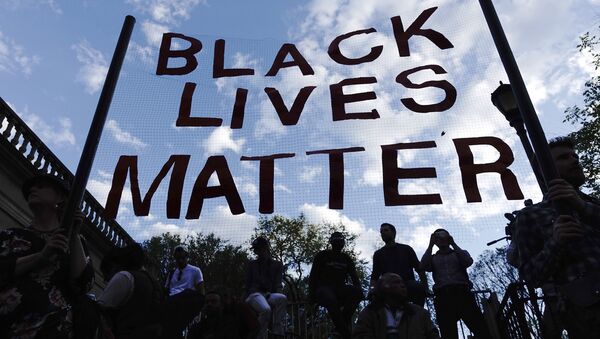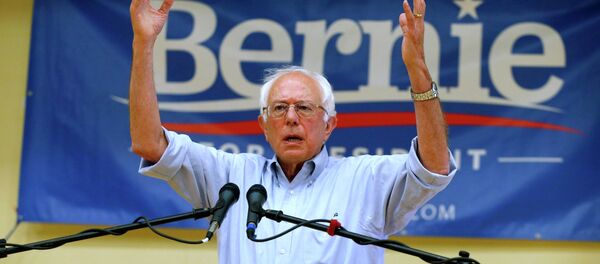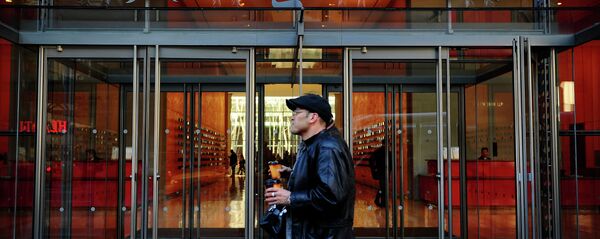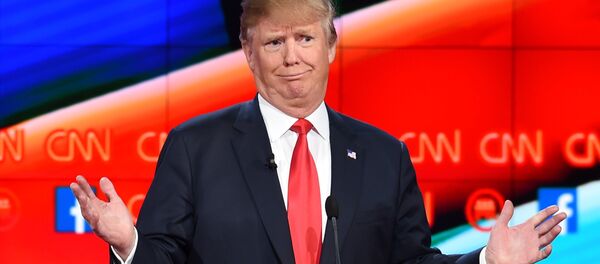Baltimore native son DeRay McKesson exploded on the national scene in the wake of the 2014 St. Louis police shooting of an unarmed black teen, Michael Brown. McKesson, 28 years old at the time, became an instant media sensation in calling for an end to police brutality. He put succinctly the concerns of the black community — "our demand is that you stop killing us."
The young activist, one of the founders of the Black Lives Matter movement, has for many across America become synonymous with the organization that has rallied hundreds of thousands of activists to address criminal justice reform, holding candidates responsible in demanding racial justice.
McKesson, now 30, is running as a progressive candidate in Baltimore’s April 26, 2016, Democratic mayoral primary election, and though he currently polls below 1% against his political-insider rivals, McKesson carries a diverse profile.
On election day, the city’s voters will have to weigh McKesson’s reputation as an outsider activist fighting some of the country’s worst injustices, and his roots in the controversial educational non-profit.
On Monday, the candidate joined Loud & Clear’s Brian Becker to discuss his candidacy, platform, and vision.
How has the Black Lives Matter movement changed the city of Baltimore?
"It started first with the protests in Ferguson that mobilized people to realize police violence was so close to them," McKesson told Sputnik. "People had been organizing in Baltimore before the killing of Freddy Gray, but things erupted after his death. We saw the protests and riots on television, an empty Oriole stadium, and now we are seeing people organize around issues of safety and policing in ways we had never seen before in Baltimore."
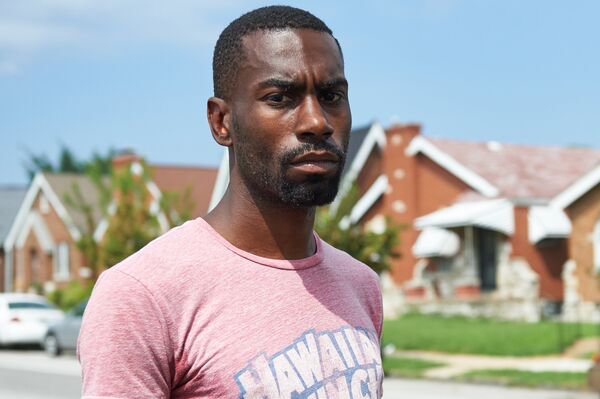
As a mayoral candidate, what do you think needs to change in Baltimore?
"One thing is strategy," McKesson said. "There are incredible resources and talent in the city, but there isn’t a plan. The second is scale – there are 70,000 people addicted to drugs, 40% of adults are not functionally literate, and 25% of preschool students are chronically absent."
"My candidacy is about public health, environment, transportation and infrastructure, about arts and culture," said McKesson. "My candidacy is about how do we make a whole city, whole again. It isn’t just about criminal justice reform."
The New York Times says you will not be Baltimore’s mayor. How do you respond?
"That article missed the context on so many things," started McKesson. "You think about this election, the first election where the presidential primary and mayoral primary will fall on the same day. So the electorate will be different."
McKesson says that polls underestimate his support, noting that, "when the New York Times referenced the polls, what I know to be true is that 75% of the people polled are over the age of 50 and only 6% are under the age of 35, so we anticipate that the electorate itself will be different."
How does your candidacy compare to that of Bernie Sanders?
"My campaign is about making sure the issues are front and center," said McKesson. "I think Bernie has shown that to be important, because he is talking about issues that are politically unpopular but are the right issues to talk about."
"We are also saying that we are tired of establishment politics," he said. "That there is a type of politics by the cities and the federal government that are not the way we will see transformative change in our cities and our states and at the national level."
Do you support a higher minimum wage and do you have union support?
"I was the first candidate to support a $15 minimum wage and my campaign is focused on anybody who wants change and transformational leadership," said McKesson. "Many of our supporters are members of the labor movement or agree with that platform. It is about economic justice and closing the racial wealth gap."

